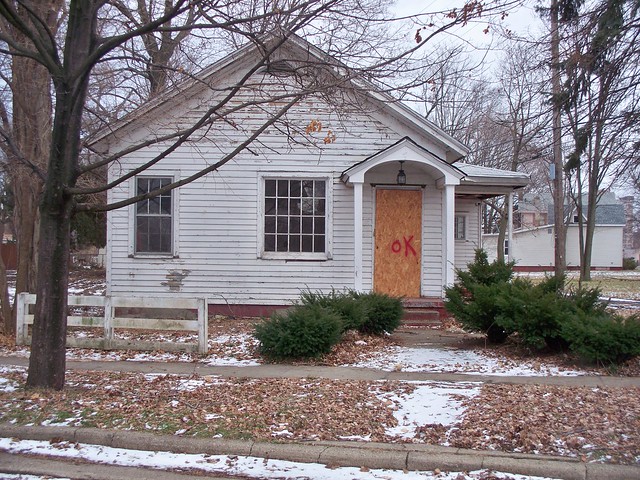 The Homeowner’s Response To Being Served In A Foreclosure Lawsuit
The Homeowner’s Response To Being Served In A Foreclosure Lawsuit
It is extremely important that the homeowner respond to the foreclosure lawsuit by filing a written Answer with the court and serving it upon opposing counsel. The Answer should contain denials, affirmative defenses, and in the appropriate situations, counter lawsuits against the bank. This is the homeowner’s opportunity to advise the court with regard to the bank’s behavior, the bank’s underwriting process, issues involving robo-signers, issues involving predatory lending, issues involving fraudulent bank action, issues involving violations of the Truth in Lending Law, federal and state banking laws, consumer protection laws, and numerous other issues.
If the homeowner does not file the written Answer as indicated above, it is considered that he has defaulted with regard to the foreclosure lawsuit. This means the homeowner will not get to advise the court that he or she has any defense whatsoever concerning the foreclosure lawsuit.
Consequences of the Homeowner’s Default
As stated above, the homeowner defaulting in the foreclosure lawsuit is a HUGE MISTAKE! This allows the attorneys for the financial institution to bring a motion for an Order of Reference. An Order of Reference is a request to the judge to appoint a referee to do an accounting as to how much is owed to the lender. This would include principle, interest, late charges, attorney’s fees, foreclosure costs, and all other expenses. After the Order of Reference is obtained the financial institution can then bring a motion for an Order asking for a default judgment in the foreclosure and sale of the home.
Sale of the Home in Foreclosure
If the judge signs the Judgment of Foreclosure and Sale, the attorneys for the financial institution then publish a Notice of Sale in a newspaper of public distribution a minimum of 30 days before an auction sale date. Thereafter, the referee can schedule an auction sale of the property. Technically, if the homeowner does not file an Answer to the Summons and Complaint in the foreclosure lawsuit, the attorneys for the financial institution are not required to give notice of the sale to the homeowner. However, even though they may not be required to do so, most law firms bringing foreclosure cases on behalf of banks provide notice to the homeowner of the specifics regarding the sale date, terms and location of the sale.






 A “zombie home” is a home which is no longer under the control of the owners, but the
A “zombie home” is a home which is no longer under the control of the owners, but the 







